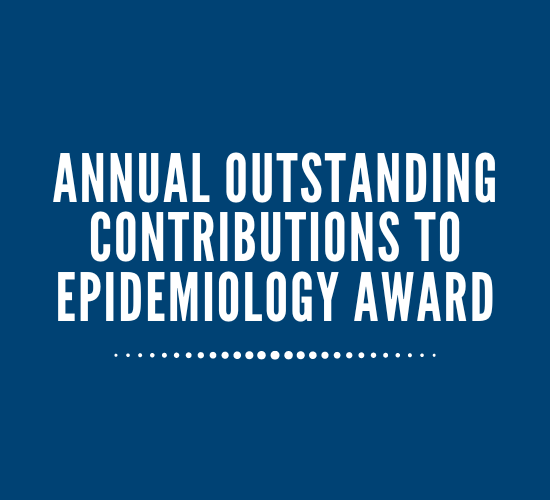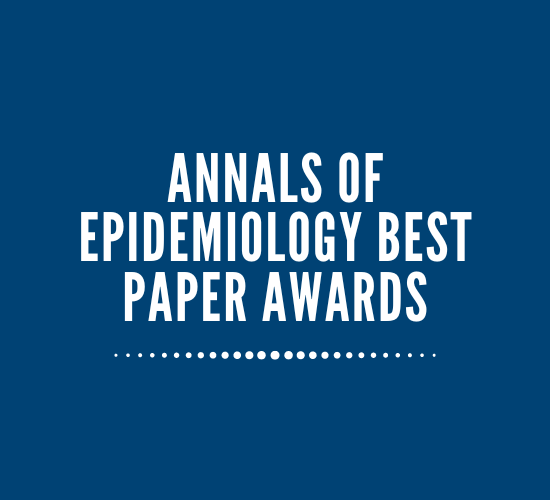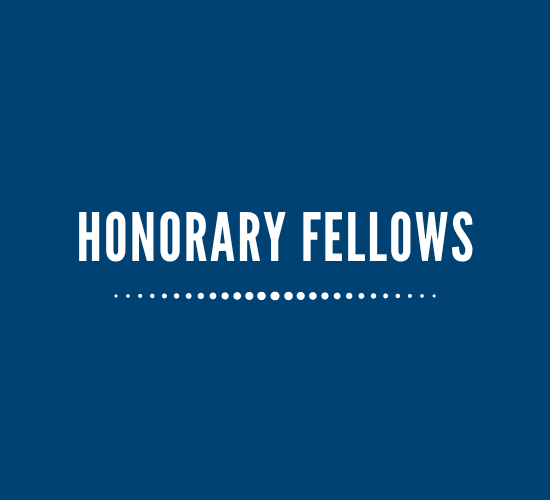ACE Awards & Honors - 2025
The Awards Committee shall select recipients for professional awards issued by the College.
2025 AWARD RECIPIENT ANNOUNCEMENT
Questions?
Please contact Awards Committee Chair Narges Khanjani at: [email protected].
To Submit a Nomination
1) Please assemble the following information and submit as PDF files to the Awards Committee Chair:
- Letter of Nomination (addressing requirements of the award)
- Letters of Support
- Candidates’ Curriculum Vitae or Professional Biography
- Any additional information that supports the nomination.
2) Send nomination to:
Narges Khanjani, Awards Committee Chair
American College of Epidemiology
[email protected]
And please CC the ACE Office at: [email protected].
Applications Deadline Extended for the 2025 Awards will be accepted through August 7, 2025 at 5:00 p.m. EDT.
|









